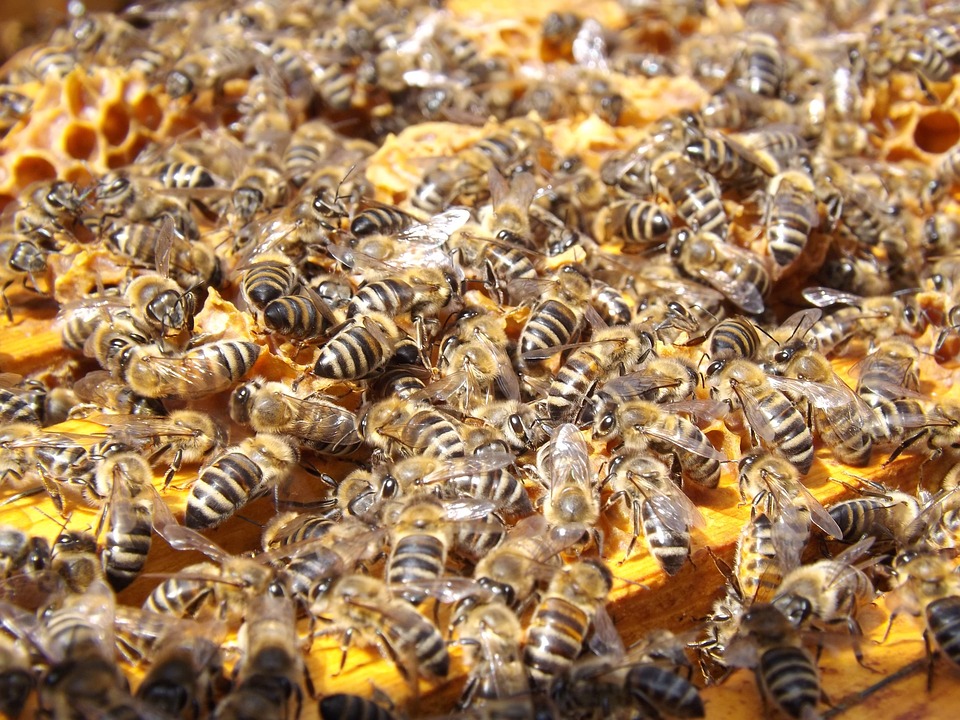Over the past year, environmental advocates across the country have achieved significant victories, demonstrating the power of collective action to protect nature and wildlife.
One of the most crucial successes was in the fight to protect bees from the harmful effects of neonicotinoid pesticides.
These pesticides, which are largely responsible for bee population declines, have posed a major threat to ecosystems.
This spring, advocates helped save a vital pesticide tracking program from expiration, ensuring continued monitoring of pesticide use in the U.S. As a result, 1 in 4 Americans now live in states that have enacted restrictions on harmful pesticide use.
This marks an important step forward in safeguarding pollinators essential for agriculture and biodiversity.

Plastic pollution, a growing environmental concern, also saw progress. Single-use plastics are choking wildlife, particularly marine creatures such as whales, turtles, and birds.
In response, environmental supporters gathered over 130,000 petition signatures urging Amazon to reduce plastic packaging.
In June, the company announced that it had phased out 95% of plastic air pillows used in its North American packages, with plans to eliminate them by year-end, signaling a shift towards more sustainable practices in the retail industry.
Perhaps one of the most notable victories came in the preservation of the Arctic National Wildlife Refuge.
Long threatened by oil drilling, this pristine region was given a reprieve when the U.S. Department of the Interior canceled all remaining oil and gas leases.
The Bureau of Land Management further strengthened protections in the Western Arctic by halting new drilling in special areas, preserving 13 million acres of fragile ecosystems for future generations.
These wins reflect the growing momentum of environmental activism. As supporters continue their efforts, the future looks promising for the planet’s ecosystems and wildlife.

